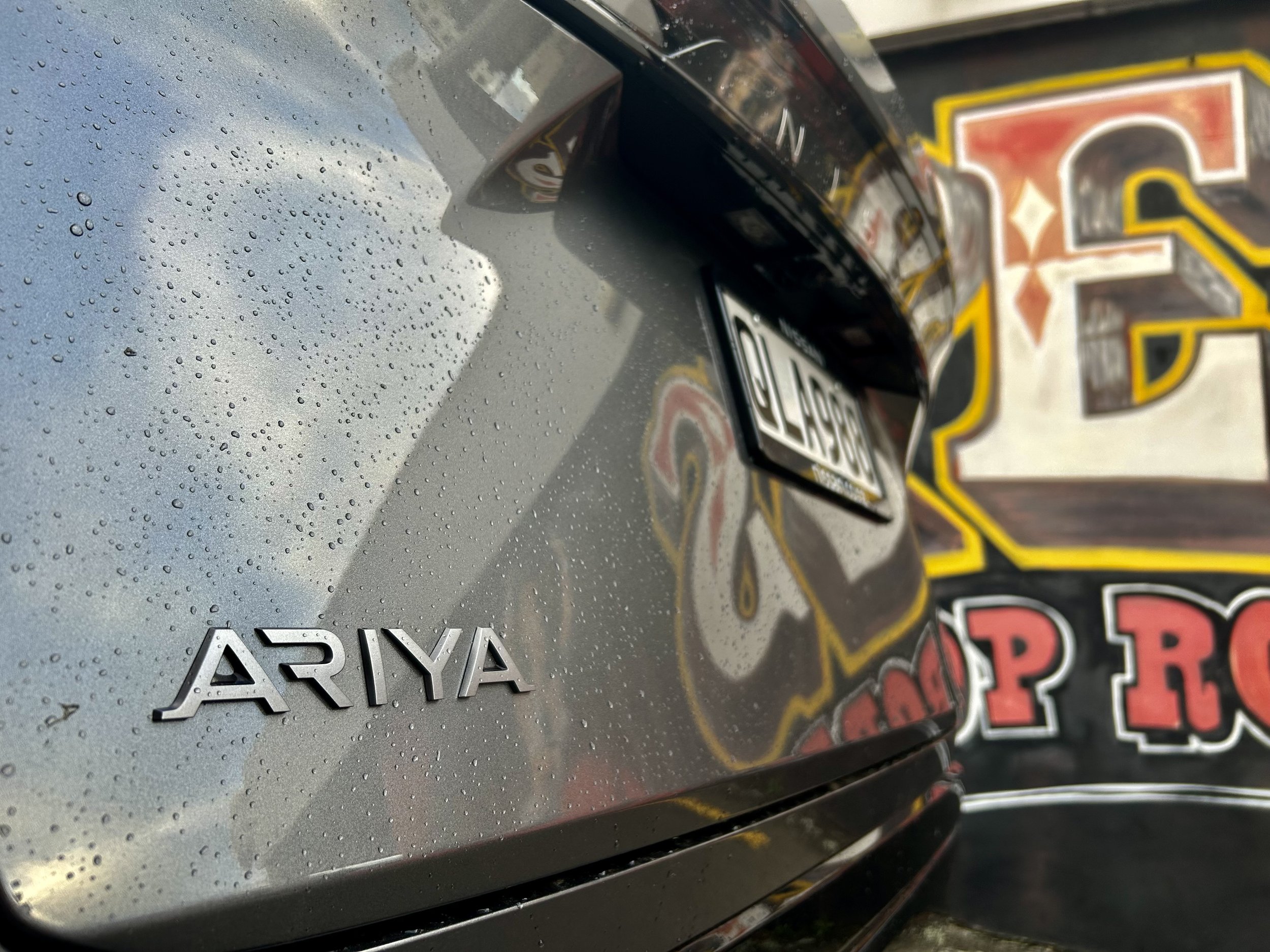Toyota NZ acknowledges vehicle supply issues
/No quick fix for stock constraints, market leader warns.
the rav4 hybrid is among models that have become subject to delivery delay
WILL other brands lose reluctance to steer clear of acknowledging how affected they also are by an increasingly obvious problem – diminished new vehicle availability – now that the market’s biggest hitter has opened up about its own situation?
That rhetorical becomes more valid with Toyota New Zealand’s concession that delivery times for popular models are slowing, to the point where orders are taking more than a month to fulfil.
The Palmerston North-based operator, which still accounts for one quarter of all new passenger vehicle sales nationally even after been hit hardest by the rental car business freeze, has stopped short in comment issued yesterday of being too specific about which model lines are being affected and for specifically how long in respect to individual types.
However, two models it has given as examples of being subject to hold-up – the RAV4 Hybrid and the new Hilux – are among its biggest stars and it has also cited that most of its popular vehicles are subject to some degree of inconvenience.
It also suggests an average wait time of six weeks between orders being lodged and fulfilled is often normal, that deliveries up to March, 2021, are impacted and there is potential for delays to continue until the middle of the year.
“The effects of Covid-19, closed borders and delayed shipping and logistics into New Zealand are severely impacting all operational areas of our business,” says chief executive officer Neeraj Lala.
“We have seen greater than a 30 percent reduction in our new and used vehicle sales due to the closure of the borders, and we are forecasting a minimum of 10 years impact to our overall value chain including reduced parts and service.”
As much as coronavirus-influenced supply chain disruptions and congested ports are the main cause of vehicle supply delays, TNZ these issues are also exacerbated by high global demand for new Toyota vehicles.
There is also further disruption in logistics with global shipping delays impacting new vehicles, used vehicles from Japan and parts, which has an effect on delivery schedules here.
Lala says the company is enormously grateful customers are showing patience but accepts that on-going delays will impact future sales as customers become frustrated.
“We are doing everything we can, but global demand and supply restrictions combined with shipping delays are fuelling customer frustration. We are providing customers with updates as often as we can but these timeframes are fluid.”
“We currently have 3,297 retail orders as at the end of November, which is a good position for Toyota New Zealand to be in but that means 72 percent of vehicles arriving in the country are pre-sold which is unprecedented for Toyota as demand for low emission hybrids continues to surge,” he says.

















